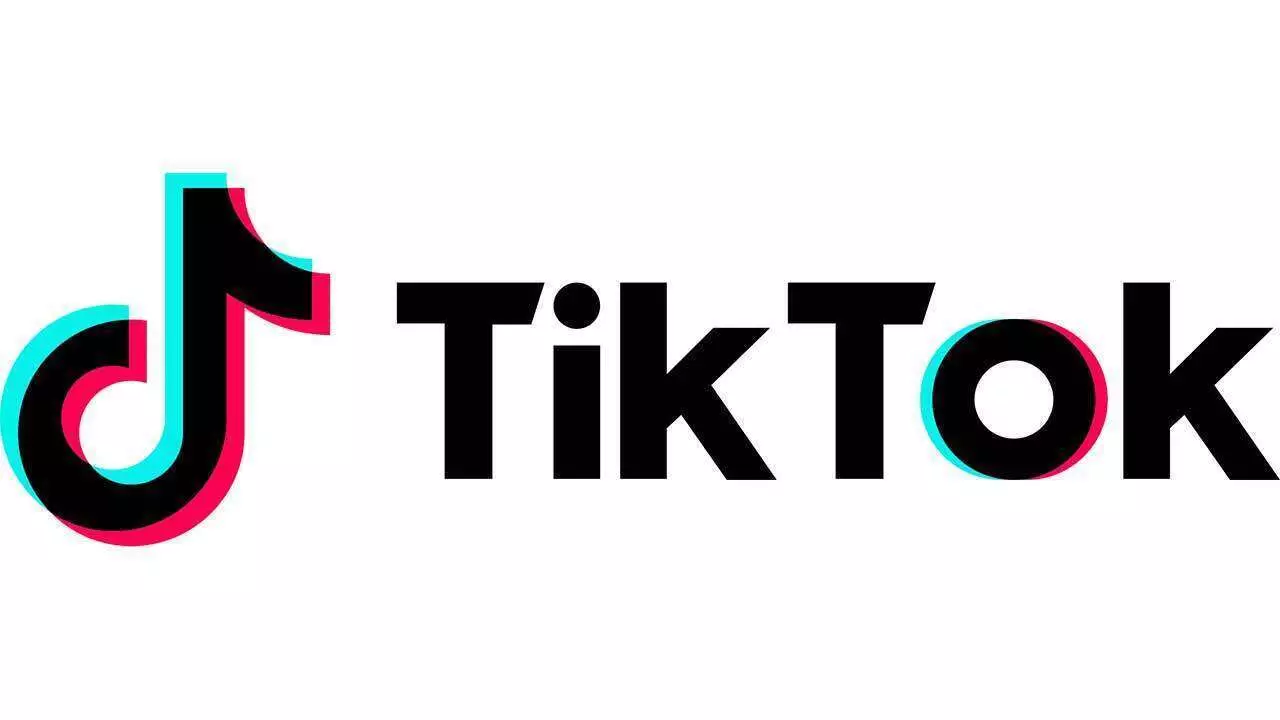In a significant legal move, the United States Supreme Court has recently validated an impending prohibition on TikTok, asserting that congressional actions in this regard do not infringe upon First Amendment rights related to free speech. The ruling, delivered as a per curiam decision, underscored that the government had provided sufficient reasoning grounded in national security and data privacy concerns. This decision reinforces a growing tension between public safety and digital freedoms in an era dominated by social media influence.
The legislative push to ban TikTok has emerged as a bipartisan effort, showcasing a rare moment of unity between the two major political parties in the U.S. This urgency stemmed mainly from pervasive apprehensions about user data collection and its potential implications for American national security, particularly with TikTok’s ownership being traced back to ByteDance, a Chinese company. With the ban slated to take effect on Sunday, January 19, the implications of this ruling extend beyond mere legalities — they suggest a broader disapproval of foreign tech companies operating within the U.S. market amidst rising geopolitical tensions.
Adding to the complexity of the situation is the timing of the Supreme Court’s ruling, occurring right before the inauguration of President-elect Donald Trump. Although the ban was legislated under President Biden’s administration, reports indicate that he may be reluctant to enforce it on his last day in office. This delay brings into question the future operational status of TikTok, placing it into a sort of limbo where its outcome is left to the decision-making of the incoming administration. Trump’s previous statements suggest he may seek to keep TikTok active, although specifics remain vague.
The law enforces a potential 90-day pause for the enforcement of the ban if tangible progress is made toward a sale of TikTok’s assets. This provision opens avenues for various stakeholders, as rumors have circulated regarding interested buyers. However, the challenge remains that relinquishing ownership is fraught with hurdles. Legal representatives for ByteDance have indicated that compliance with Chinese regulations may hinder the sale, particularly in securing the transfer of the app’s proprietary algorithm—an essential component that underpins TikTok’s functionality.
As a contingency plan, TikTok is reportedly preparing to halt its services in the U.S. should the ban take effect without intervention. The platform has rapidly garnered an extensive user base, particularly among younger demographics, establishing itself as a cultural phenomenon, especially within the gaming community. Here, TikTok serves as a vibrant hub for sharing content that intertwines music, gaming, and personal expression. Should the ban be finalized, the ramifications could be profound—not only affecting users who rely on the platform for entertainment and social connectivity but also altering the landscape of digital marketing and influencer engagement.
The legal drama surrounding TikTok encapsulates broader conversations about technology, privacy, and national security. As discussions continue, the outcomes could reshape the digital landscape, influence consumer interactions, and redefine the permissible boundaries of foreign investments in American tech.

